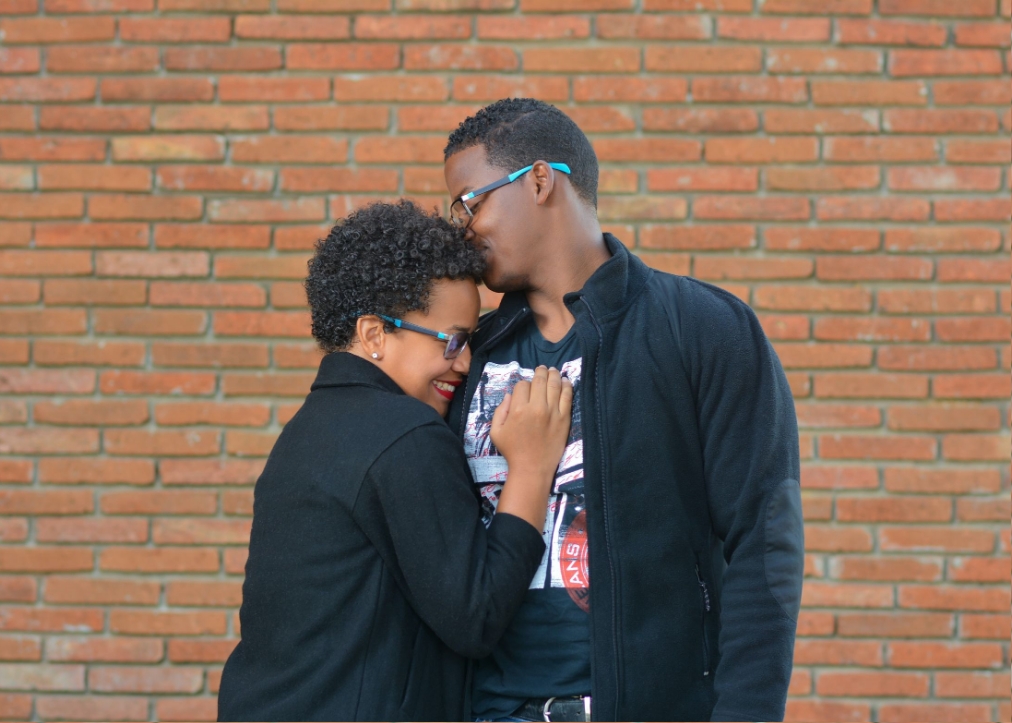
Anxious attachment style can be disruptive to your relationships and life if not handled with care. Read how to recognize the signs of anxious attachment styles and how to find the right coping strategies
Anxious attachment styles can cause people to become overly self-critical, cling to partners too heavily, and have trouble expressing vulnerability. If not handled with care, this type of attachment style can lead to relationship issues and difficulties in forming close bonds. Learn how to recognize the signs of an anxious attachment style and find ways to manage it.
What is Anxious Attachment Style?
An anxious attachment style is characterized by an intense need for approval, reassurance, and connection with a partner. People with this type of attachment style may also be prone to feeling suspicious or threatened in relationships, seeking frequent closeness, and experiencing difficulty when their partner is away for extended periods. They often struggle to trust the relationship, often trying to control the situation to regain a sense of security.
Recognizing The Signs of Anxious Attachment
Anxious attachment can manifest itself in different ways, such as being overly clingy, needy, and demanding of attention. People with an anxious attachment style may also feel possessive of their partner and have difficulty trusting that their partner will remain faithful and dedicated. It’s important to recognize the signs of anxious attachment so that you can find healthy coping strategies to manage it.
Dealing With The Challenges Of Anxious Attachment
Anxious attachment style can come with many challenges to both the person experiencing it and their partner. It’s important to recognize fear-based thoughts and patterns of behavior, as well as that there are tools you can use in order to manage anxious attachment. Examples of strategies include positive self-talk, practicing mindfulness, and communication with your loved ones in a way that minimizes triggering behaviors.
Finding Professional Support With A Therapist Or Counselor
A therapist or counselor is an important part of managing anxious attachment in relationships. Qualified professionals can provide invaluable insight into yourself and your relationships by helping you to understand your behaviors, recognize triggers and develop new strategies to deal with them. They can also help you realize goals, build self-esteem, and create healthy boundaries. Talking to a mental health professional will allow you to grow, learn more about yourself and make positive changes in your life and relationships. Click here to find out more about therapy for attachment.





